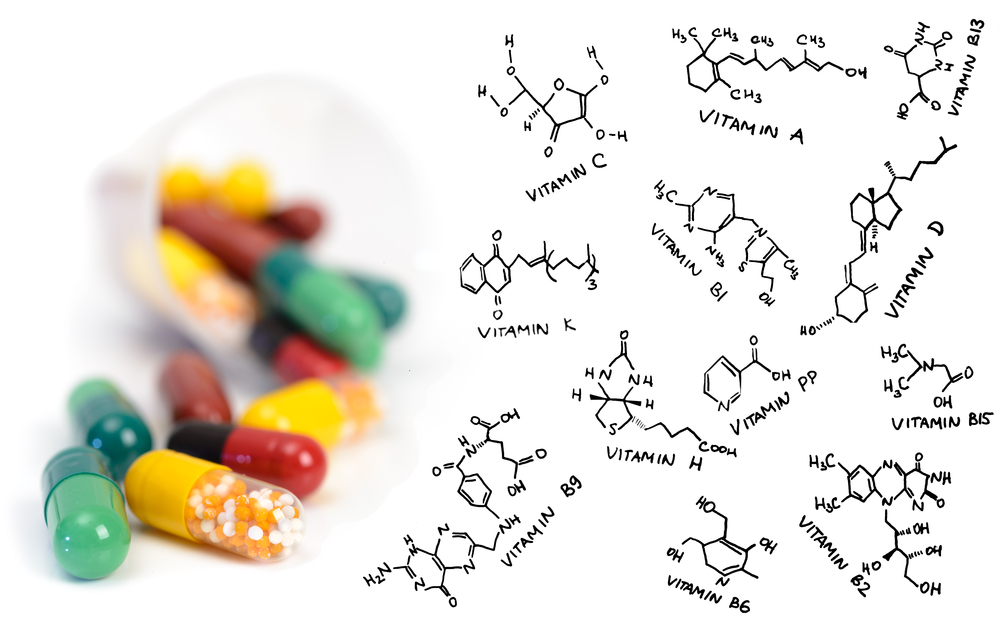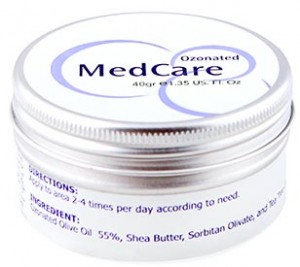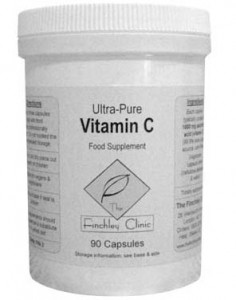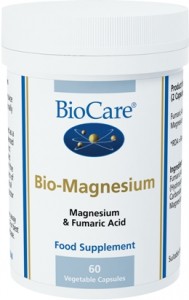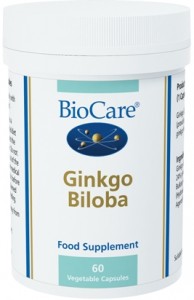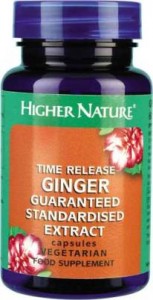Click here to see the new and remaining items in our Autumn Sale – Up to 75% off!
Now, my amazing Thyroid and Candida article (I would say that admittedly, since I am writing it)
In the seminal article “Conquerig Candida”, Sherridan L. Stock stated his opinion / observation that 90% of candida victims have low thyroid function, and many thyroid deficiency symptoms, are also typical candida overgrowth symptoms. Candida in fact binds thyroxine (the main thyroid hormone) and thus renders it ineffective. So there is the obvious connection between candida and thyroid problems.
The thyroid is a small but very critical gland found roughly in the centre of the throat. It has a number of functions, the most important of which is that it is responsible for regulating metabolism and energy levels in the body.
Poor thyroid function is known as hypothyroidism is an extremely common condition. (The opposite condition, hyperthyroidism, is much rarer, and a separate subject altogether). Apart from potentially causing the most well known symptoms of fatigue, weight gain, (though 40% of hypothyroid subjects are underweight), constipation, hair loss, and sensitivity to the cold, it ensures that almost every system in the body is at a low ebb.
A more complete list of possible thyroid deficiency symptoms:
More common in females than males, the list of possible symptoms include (but are not limited to) weight gain, heat and / or cold intolerance, headaches and migraines, dry skin, dry hair, brittle hair, lifeless hair, lacklustre hair, coarse hair, slow growing hair, hair loss, loss of curl, premature greyness, excessive hair fall (especially in Autumn), sparse eyebrows (especially outer third), low motivation and ambition, irritability, anxiety and panic attacks, depression, fluid retention, decreased memory and concentration, unhealthy nails, brittle nails, low sex drive, insomnia, hives, asthma, allergies, slow healing, acne, or carpal tunnel syndrome, female problems (fibroids, ovarian cysts, endometriosis, PMS, cramps, dysmenorrhea, amenorrhea, spontaneous abortion, cyclic seizures, dry vagina and infertility), weight problems (usually high, sometimes low), gallbladder disease (six times higher in women with excess estrogen or on birth control pills or E RT), low blood sugar, attention deficit disorder (ADD), adrenal exhaustion from excess secretion of adrenaline, and osteoporosis (from excess estrogen leading to excess adrenaline and then to excess cortisol). Intestinal symptoms include poor appetite; irritable bowel syndrome, dysphagia; poor digestion (low acid and pancreatic enzymes, decreased gall bladder motility); nutrient malabsorption; gas and wind; colic; decreased peristalsis; constipation; pancreatitis (from hypothermia). In his superb book “The Great Thyroid Scandal”, Dr Barry Durrant-Peatfield claims about about one third of all cases of depression are simply undiagnosed thyroid problems or adrenal gland problems which are causing thyroid problems, as well as a huge proportion of chronic fatigue cases.
Diagnosis.
Conventional diagnsis normally comes from blood tests. But according to experts such as Dr Barry Durrant-Peatfield, blood tests are notoriously poor at picking up hypothyroidism, and it is recommended that the Barnes Temperature Test be used wherever there is a possible thyroid concern. You can ‘google’ this test for yourself separately after reading this newsletter. Dr Durrant-Peatfield is also a fan of differential diagnosis (diagnosis based on signs and symptoms) where all roads seem to point in the same direction, regardless of the outcome of testing. We cannot ‘recommend’ or advise against this ourselves as this would be practising medicine without a licence. But the law does allow us to mention that this is what some health care professionals do.
Treatment
Conventional treatment involves giving patients the hormone thyroxine, which is an effective but not terribly natural approach, which does not restore thyroid function.
Kelp Formula for thyroid maintenance
Right now, we have an amazing deal on our core botanical product for thyroid health – Kelp Formula. This is a a polyherbal product containing 7 herbs that help maintain thyroid functuion. (Under EU law we cannot use terms such as “heal or improve” as these would be illegal health claims, but we know that it’s a great product).
Our suppliers last batch was accidentally formulated with one herb within the formula with a short expiry date (02/16) meaning that legally the entire product has to be be given the expiry date of 02/16. Result: they are selling them to us at half price, when it wasnt an especially expensive product to begin with.At the time of writing we have around 25 bottles in stock but we can get quite a lot more if our stocks do run out – probably enough for whatever demand we get after this newsletter.
Usual price £13.99
Current price £6.99 – while stocks last
And as always there are volume discount on more than one bottle, and reward points on every sale, making it an even better deal. This is a unique and probably one-off opportunity to give your thyroid a hand incredibly inexpensively until stocks run out.
How good is the product?
Obviously there is no product on the planet that works for all the people, all of the time. But we’ve been selling it for a long time, and although it’s never been a top seller for us, we think its an excellant product. We have to be careful here, as we almost everything we want to say boarders potentially being construed as an illegal health claim, but we have had what doctors call ‘anecdotal’ reports of significant improvements in energy, vitality, weight loss, improved sense of general well-being and all typical symptoms associated with a possible thyroid concern within anything from around 2-12 weeks (sorry to annoy you, but people do not all respond at the same speed).
Can it ever be harmful?
Not to the best of our knowledge (or experience) based on the label dosage. However theoretically it could be if you are unlucky enough to be allergic to one of the ingredients, which could theoretically occur with any ingredient in any food or food supplement if you happen to be allergic to that ingredient / herb / nutrient / substance etc. Also, please see the legal note below.
What else can help?
Kelp Formula works very nicely all by itself. But in fairness, the results can often be further improved by combining it with Thyroid Suppot Formula or TH207. These products supply the core nutrients that the body needs for ideal thyroid function, whilst Kelp Formula provides what we believe are the most beneficial herbs legally available. There is more detailed information, full list of ingredients etc on Kelp Formula on the main product page.
Other things that might help
(These subjects have been covered in previous newsletters in the past, and will be again in the future).
Legal note:
As far as we are aware, these products can be used alongside conventional medications – at least we have never had any bad reports from any customers who have done this – and there have been quite a few. But do not stop or reduce any conventional medications such as thyroxine or any other thyroid medicines if you are already being treated medically for low thyroid without discussion and the approval of your doctor. Also, do not take these products if you have an over active thyroid (which is a much rarer condition) without discussion and the approval of your doctor. Do not take these (or for that matter any other) products if there is any doubt for any other reason whether you should take them without discussion with your doctor. We are able to give naturopathic and nutritional advice, but we are not allowed legally to give medical advice, and you need to consult with your doctor for this.
Well, that’s it for now but remember we alsio have up to 75% off a number of products in our ongoing Autumn Sale!
Mark G. Lester
Company Director



